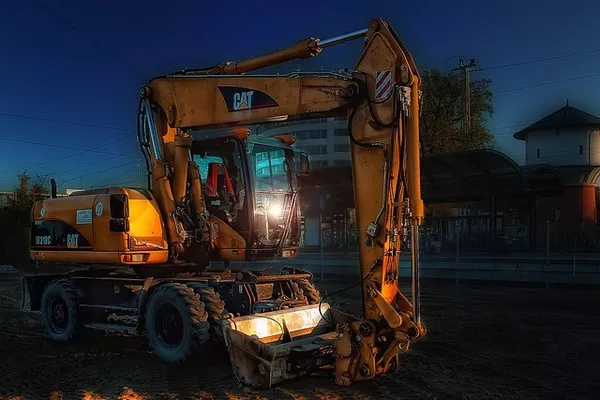Sir Keir Starmer’s Labour Party has secured a resounding victory in the 2024 UK General Election, positioning itself to lead the next government with far-reaching implications for industry and infrastructure across the country.
With only three constituency seats left to declare, Labour has garnered 412 seats in the House of Commons, significantly altering the political landscape. The Conservatives, facing a substantial setback, now hold 120 seats, while other parties also reflect notable shifts in representation.
The manufacturing sector, long beset by challenges including skills shortages and regulatory uncertainties, anticipates transformative policy shifts under Labour’s stewardship. Senior figures across industry have welcomed the clarity and stability promised by the election outcome, essential for catalyzing much-needed investment and growth.
Stephen Phipson, CEO of Make UK, hailed Labour’s decisive victory as a signal for business to ramp up investment efforts, crucial for bolstering the UK’s economic resilience. He stressed the urgent need for a robust industrial strategy, emphasizing infrastructure investment to underpin national and regional priorities effectively.
Mike Hawes, CEO of the Society of Motor Manufacturers and Traders (SMMT), expressed optimism about Labour’s commitment to an industrial strategy, particularly highlighting its potential benefits for the automotive sector’s competitiveness and sustainability goals.
Gareth Jones, managing director of In-Comm Training, emphasized the importance of continuing apprenticeship reforms initiated by the previous government, urging Labour to broaden the scope of the Apprenticeship Levy and enhance funding for essential vocational skills training.
Tony Hague, CEO of PP Control & Automation, echoed sentiments for sustained SME support, urging Labour to consider revisions to R&D policies and Corporation Tax, while also advocating for measures to stimulate the housing market and overall economic activity.
Stephen Morley, President of the Confederation of British Metalforming (CBM), emphasized the need for a cohesive, long-term Industrial Strategy that transcends political cycles. He called for the appointment of a dedicated Minister for Manufacturing to champion the sector’s interests and ensure sustained innovation and job creation.
Davie Carns, CEO of NIS Group, underscored the critical role of infrastructure investment in driving economic growth, particularly in sectors like construction and civil engineering. He stressed the imperative of addressing the skills gap through targeted vocational training initiatives to meet escalating industry demands.
As Labour prepares to take office, the focus remains on translating electoral promises into actionable policies that support manufacturing, infrastructure development, and economic resilience. The industry looks forward to collaborative efforts between government, businesses, and training providers to navigate challenges and seize opportunities for sustainable growth and prosperity.

